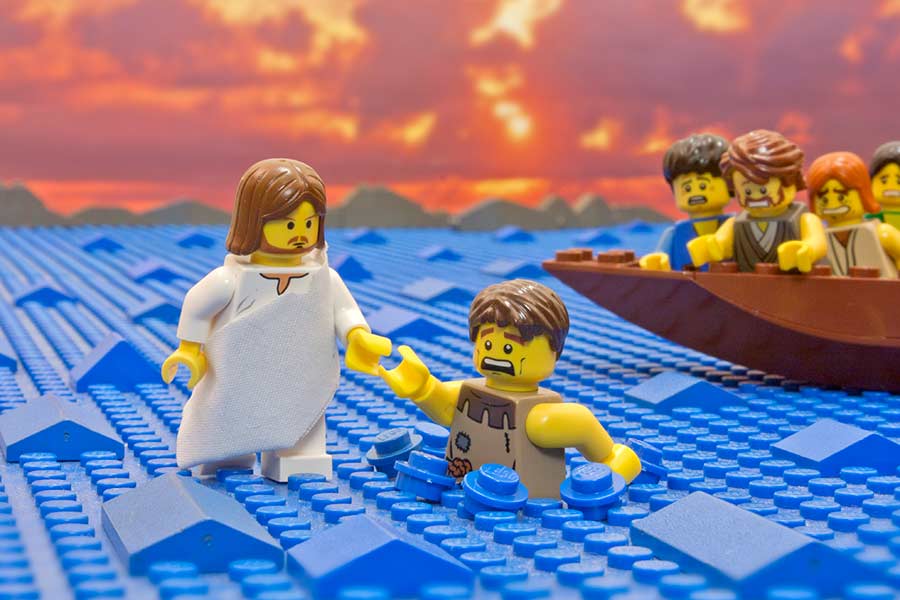Following the death of Joseph F. Smith in late 1918, Heber J. Grant became the seventh president of the Church. The end of World War I saw a renewed missionary effort in countries that disallowed their entry during the conflict, such as Germany, Denmark, Holland, Norway, and Sweden. In 1925 the mission in Argentina was re-dedicated with the prophecy from Apostle Melvin Ballard: "The day will come when the Lamanites in this land will be a power in the Church."
Church leaders enthusiastically supported the passage of the 18th Amendment to the US Constitution which outlawed the sale of alcoholic beverages. Throughout the 13 year-span of Prohibition, Heber J. Grant pushed for full enforcement of the law. Thus, Church leaders were greatly disappointed when in 1933, a majority of the citizens of Utah rejected the counsel of the God's prophet in voting to repeal the 18th Amendment, bringing intoxicating liquor and its physically and spiritually degenerative effects back into their communities.
In Germany, Mormon missionaries had unprecedented success during the 1920s and 30s. When the Nazis came to power, the Church was not banned like other small religious groups were. In fact, the Nazis, with their emphasis on racial purity, respected Mormons for their interest in genealogical research. In preparation for the 1936 Olympics in Berlin, Church elders were invited by the Nazi government to help coach the German basketball team.
When Adolf Hitler's expansionist aims lead to the outbreak of World War II, numerous German Saints joined the military forces of their Fatherland, believing they were fighting a just war. The Church Presidency issued a statement in 1942 encouraging Saints worldwide to loyally obey those in authority over them. If soldiers in war "shall take the lives of those who fight against them," read the statement, "that will not make of them murderers, nor subject them to the penalty that God has prescribed for those who kill."
"It would be a cruel God," noted the Church Presidency, "that would punish His children as moral sinners for acts done by them as the innocent instrumentalities of a sovereign whom He had told them to obey and whose will they were powerless to resist." During the war, 6 million Jews were killed by the Nazis and their accomplices, including 1.5 million children. They were starved and died in Dachau and other torture chambers.
"I suppose that during the holocaust of World War II more of the people living on this earth paused to pray than at any other time in our history," noted current-day Church president Thomas S. Monson about that time. "Who can calculate the concern of mothers, wives, and children who pleaded for Almighty God’s protecting care?" One American mother prayed each morning for her son in the Pacific theater of the war. His ship was sunk off Guadalcanal, but he survived thanks to a life belt, showing that prayers are heard and answered.
Apostle and future Church president Joseph Fielding Smith noted at the time: "Satan has control now. No matter where you look, he is in control, even in our own land. He is guiding the governments as far as the Lord will permit him. That is why there is so much strife, turmoil, and confusion all over the earth. One master mind is governing the nations. It is not the president of the United States; it is not Hitler; it is not Mussolini; it is not the king or government of England or any other land; it is Satan himself."
The Church presidency sent young male Saints off to fight for the US with the words, "Boys, keep yourselves clean! Better die clean than to come home unclean." Though the war greatly depleted the number of Saints available to be sent out as full-time missionaries, one Church elder noted at the time that Latter-day Saint servicemen were responsible for "more total missionary work today than we have ever done in the history of the Church."
Heber J. Grant died just as the war was ending in 1945, and he was succeeded in the Church presidency by George A. Smith. Two years later Smith presided over the centennial celebration of the pioneer Saints arrival in Salt Lake Valley. "As that small group of Pioneers looked upon what appeared to be a sterile desert," he noted, "so today the Church faces a world lying in moral lethargy and spiritual decline."
NEXT:
Also from the creator of The Brick Book of Mormon:

